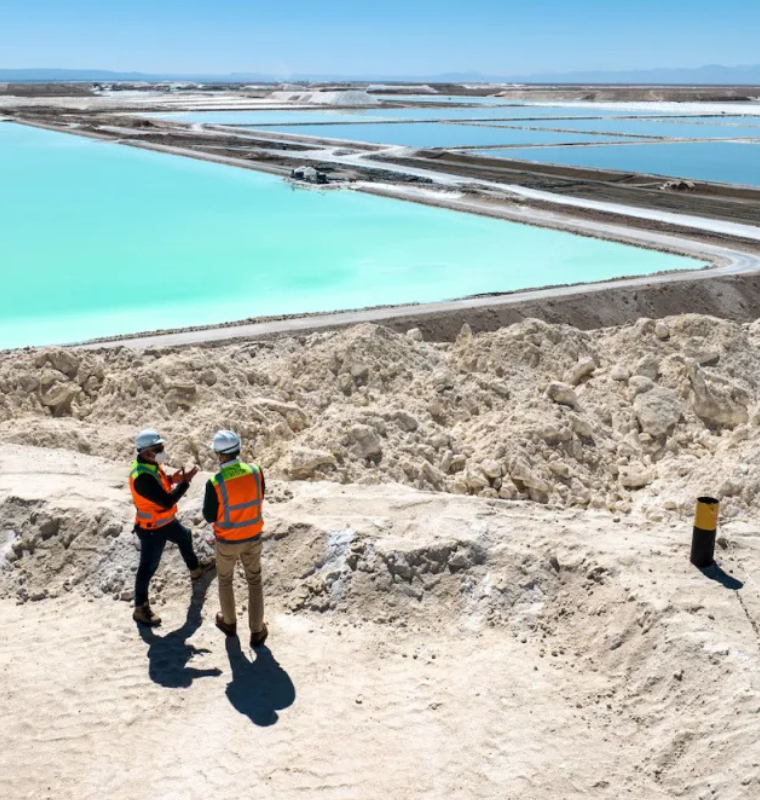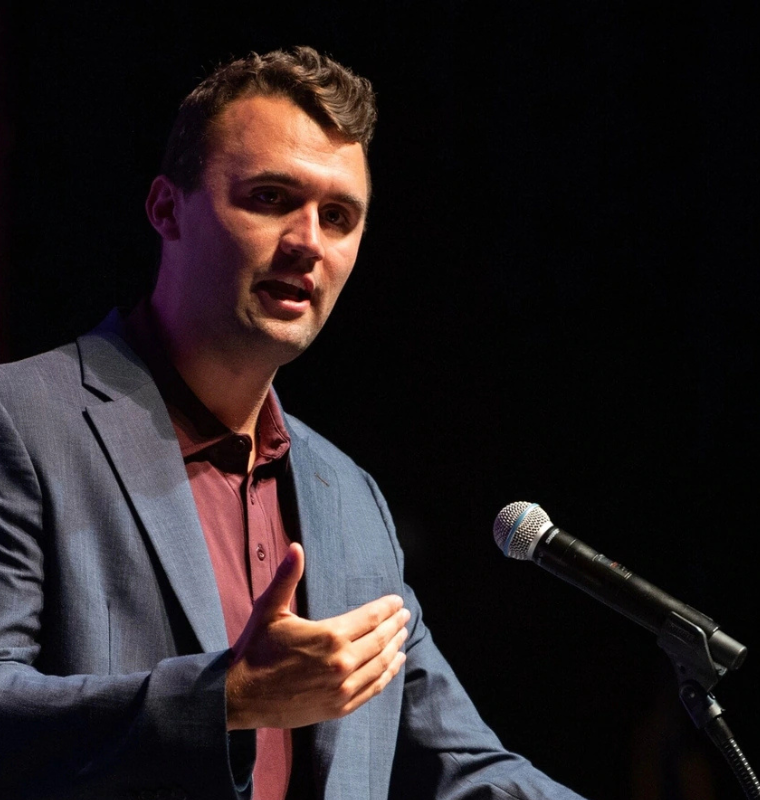EU Postpones Retaliatory Tariffs on U.S. Imports, Eyes Deal Before August 1 Deadline
EU Postpones Retaliatory Tariffs on U.S. Imports, Eyes Deal Before August 1 Deadline
By
David Goldfarb
Last updated:
July 14, 2025
First Published:
August 3, 2025

Photo: Al Jazeera
EU Presses Pause on Tariff Response to U.S. Amidst Ongoing Negotiations
The European Union has announced a temporary suspension of retaliatory tariffs on American goods that were scheduled to take effect Monday, opting instead to pursue a last-ditch effort to negotiate a trade agreement with the Trump administration before a self-imposed deadline of August 1.
“This is now the time for negotiations,” said European Commission President Ursula von der Leyen during a press conference in Brussels. The move comes in response to President Donald Trump’s letter last week informing the EU and Mexico of new 30% U.S. tariffs on imported goods, also set to begin August 1.
Von der Leyen emphasized that although the EU prefers a diplomatic resolution, it remains ready to impose proportional countermeasures if talks fail. “We have always been clear that we prefer a negotiated solution,” she said. “But if necessary, we will be fully prepared.”
$2 Trillion Trade Relationship at Risk
The EU and U.S. share one of the largest trade partnerships in the world, with over €1.7 trillion ($2 trillion) in goods and services exchanged in 2024 alone — averaging nearly €4.6 billion daily, according to Eurostat. Major European exports to the U.S. include pharmaceuticals, vehicles, aircraft, chemicals, medical devices, and alcoholic beverages.
Trump, however, has cited the ongoing U.S. trade deficit as a national security concern. His administration claims these tariffs will lay the foundation for a stronger U.S. economy, correcting what Trump describes as decades of economic imbalance and foreign exploitation.
White House National Economic Council Director Kevin Hassett said Sunday that the president was not satisfied with early drafts of potential trade agreements. “The bottom line is that [Trump] has seen some sketches of deals … and the president thinks that the deals need to be better,” Hassett told ABC News. “To basically put a line in the sand, he sent these letters out to folks.”
Italy Steps Into the Diplomatic Role
Seeking to ease transatlantic tensions, Italian Foreign Minister Antonio Tajani is heading to Washington this week to engage directly with U.S. officials and members of Congress. Italy's far-right government, under Prime Minister Giorgia Meloni, has positioned itself as a potential mediator between the EU and the Trump White House. Meloni remains the only sitting EU leader to have attended Trump’s second inauguration.
Tajani emphasized the importance of entering negotiations “with one’s head held high,” reaffirming Italy’s commitment to both EU solidarity and maintaining strong bilateral relations with the U.S.
Global Economic Ramifications
The broader business community, particularly across France and Germany, has grown increasingly anxious as Trump’s unpredictable tariff policies continue to rattle global markets. French vintners and German automakers, in particular, have already been hit hard by fluctuating trade decisions and are bracing for more.
With no clear path forward and multiple industries caught in limbo, the economic impact could be profound. Analysts warn that escalating tariffs could disrupt supply chains, increase consumer prices, and dent GDP growth in both regions.
EU Eyes Diversification with Asian Partners
Alongside a meeting with Indonesian President Prabowo Subianto, von der Leyen used the moment to highlight the importance of building trade ties beyond traditional Western alliances. “This shows why we must diversify our trade relationships,” she said, stressing the need for predictable, trust-based agreements.
Subianto echoed her sentiments. “The United States will always be a very important global player,” he said. “But we also want to see a strong Europe and broader multilateral engagement.”
What’s Next?
Trade ministers from across the EU’s 27 member nations are scheduled to convene Monday to evaluate the situation and prepare contingencies. The question now is whether the U.S. and EU can bridge the widening divide before the August 1 deadline—and whether another round of tariffs will ignite further instability in the global economy.
The world is watching closely.
Popular articles
Subscribe to unlock premium content
Bolivia How Lithium Mining Policies Are Positioning It as the Next Global EV Battery Hub

Naval Ravikant The Angel Investments That Quietly Made Him a Multimillionaire

Rising From the Rubble Lessons From Billionaires Who Failed 10 Times Before Success

Bolivia How Lithium Mining Policies Are Positioning It as the Next Global EV Battery Hub

Naval Ravikant The Angel Investments That Quietly Made Him a Multimillionaire

Bolivia How Lithium Mining Policies Are Positioning It as the Next Global EV Battery Hub









